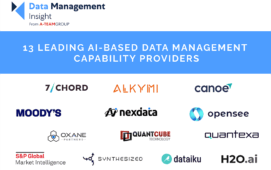Level 1 of the AIFM Directive, which was due to be published in Q1 2011, was finally published by the EU on 27th May. It was hoped that the delay was an indication of the level of improvements that were needed and that the final published text would have addressed all the deficiencies present in the previous drafts. This was not the case. Andrew Lowin, Director in Regulation and Risk, from financial services consultancy Kinetic Partners comments:
“The delay in AIFMD’s publication has been wasted; there are still significant deficiencies in level 1 of the AIFM Directive and currently it is still not fit for purpose. What is now clear is that the deadline for implementation of level 1 is 16 June 2013. This also means that, if ESMA were to endorse them, that third country passports would have to be implemented in member states by 16 June 2015 and Private Placement Legislation repealed by 16 June 2018.
There is, however, a grey area over the issue of third country passports with no one making positive recommendations towards them for fear that they become a ‘poison chalice’. Level 1 does not address the issue of third country passports, leaving it for ESMA to deal with it in level 2 – they may also brush over it. If this is the case, Private Placement Legislation will remain at the member states’ discretion and the AIFM Directive will not have the power to repeal it.
In short, whilst we welcome finalisation of the AIFM level 1 directive, Kinetic Partners believes that many of the major issues have been side-stepped and that a lot of ground will have to be made up in level 2.”
Subscribe to our newsletter




